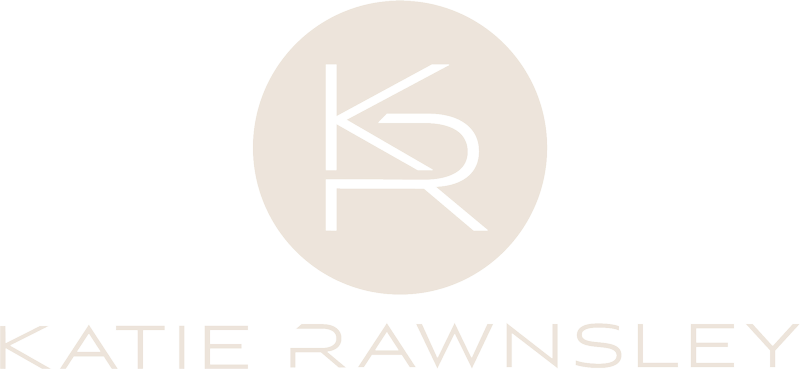When the time comes to move out of your home, one of the most important decisions you’ll face is whether to sell the property or rent it out. Both options have their pros and cons, and the right choice depends on several factors, including your financial situation, the local real estate market, and your long-term goals. As a real estate agent in Jupiter, FL, I often work with clients who are weighing these options, and I’m here to offer insights to help you make the best decision.
Understanding Your Financial Situation
The first step in deciding whether to sell or rent your home is taking a close look at your financial situation. Selling a home can provide you with a significant cash influx that you can use to purchase your next property, pay off debt, or invest elsewhere. If you’re looking to make a substantial move or need immediate cash, selling may be the best option.
On the other hand, renting out your home can provide a steady stream of income. This can be particularly appealing if your home is in a desirable area like Jupiter, where rental demand is often high. However, being a landlord comes with financial responsibilities as well. You’ll need to budget for maintenance, repairs, property management fees (if you choose to hire a property manager), and potential vacancies. Consider your current and future financial needs before making a decision.
Assessing The Real Estate Market
Another crucial factor to consider is the current real estate market in your area. Is it a seller’s market or a renter’s market? In a seller’s market, home prices are high, and properties tend to sell quickly. This could make selling a more attractive option if you’re looking to maximize your profit. In Jupiter, the real estate market has seen substantial growth, with property values on the rise, making it an opportune time for sellers in many cases.
Conversely, if the market is more favorable for rentals, holding onto your property and renting it out could be the smarter move. Rental prices in desirable areas like Jupiter can be quite high, which could provide you with a lucrative income stream. If property values are still climbing, you might want to hold onto the home and sell it at a higher price in the future.
Your Long-Term Goals
Your long-term goals play a significant role in deciding whether to sell or rent. Ask yourself what you want to achieve with this property in the next five to ten years. If you’re looking for a long-term investment, renting the home could help you build wealth over time through rental income and property appreciation. Renting can also provide a safety net if you plan to move back to the area in the future, as you would still own the property.
On the other hand, if you’re ready to move on from this property and don’t want the responsibilities that come with being a landlord, selling may be the better choice. Selling frees you from the ongoing upkeep of the property and allows you to use the proceeds from the sale to invest in your next venture, whether it’s purchasing a new home or making other investments.
The Responsibilities Of Being A Landlord
If you’re leaning towards renting out your home, it’s important to understand the responsibilities that come with being a landlord. Managing a rental property requires time and effort. You’ll need to handle tenant screenings, maintenance requests, and occasional repairs. If a tenant moves out, you’ll have to advertise the property, conduct showings, and find a new renter. Some people enjoy managing properties, while others find it overwhelming.
If you’re not interested in the day-to-day responsibilities of being a landlord, you can always hire a property management company. However, keep in mind that property management services come with fees, which can cut into your rental income. Before choosing to rent, think carefully about whether you’re prepared to handle these tasks or if you’d prefer to sell and avoid them altogether.
Tax Implications
Selling or renting your home comes with different tax implications, which should factor into your decision. When you sell your home, you may be subject to capital gains taxes, depending on how long you’ve owned the property and whether it’s your primary residence. However, there are exclusions available for homeowners, so it’s worth consulting with a tax advisor to understand how much you may owe, if anything.
On the other hand, renting out your property can provide tax advantages as well. Landlords can often deduct expenses such as property taxes, insurance, and maintenance costs from their taxable rental income. Additionally, depreciation on the property can provide further tax savings. Understanding the tax implications of both options will help you make an informed choice.
Consider The Local Rental Market
If you’re thinking about renting out your home, it’s essential to assess the local rental market. In Jupiter, rental demand is typically strong, especially in neighborhoods close to the water or within walking distance of schools and amenities. However, it’s important to research how much similar homes are renting for and how long it typically takes to find tenants.
If you can rent your property for an amount that covers your mortgage and other expenses—and potentially even generates a profit—it could make renting a compelling option. But if the local rental market is saturated, or if you’re not able to charge enough to cover your costs, selling might be the better financial decision.
Ready To Make A Decision?
Deciding whether to sell or rent out your home is a personal choice that depends on a variety of factors. By assessing your financial situation, understanding the market, and considering your long-term goals, you can make the right decision for you and your family.
If you’re still unsure or need guidance in navigating the local real estate market, I’d love to help. Contact me, Katie Rawnsley, to explore your options and discuss the best strategy for your property in Jupiter, FL. Whether you decide to sell or rent, I can provide the expertise and support you need to achieve your real estate goals.
*Header photo courtesy of Katie Rawnsley’s website

